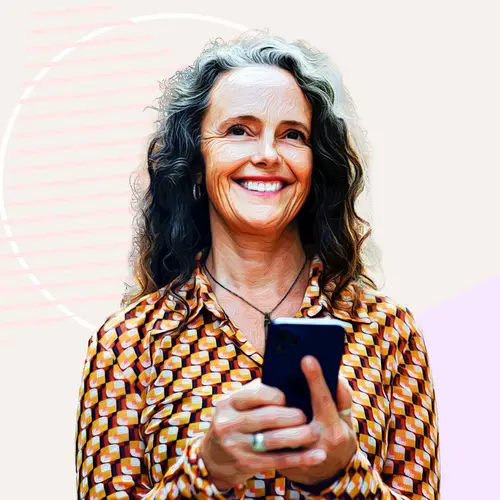
You're busy: You work, you go to the gym, you manage your household. So you may feel you just don't have time to get together with your friends. But the truth is, you may not have time not to. People who are lonely are up to 32% more likely to die early than their more connected peers, research shows.
"Lack of social connection has a significant effect comparable to other leading indicators of risk for early death," says Julianne Holt-Lunstad, PhD, a professor of psychology at Brigham Young University. Feeling alone, she says, ranks up there with smoking, obesity, and physical inactivity in terms of its effects on your health.
Social isolation isn't just a problem for the elderly or homebound. In a survey of 20,000 Americans, nearly half reported always or sometimes feeling lonely or left out. Young adults ages 18 to 22 are the loneliest generation of all, the survey found.
"All of us fall somewhere on the loneliness continuum," says Holt-Lunstad, "so these risks apply to all of us."
As for why the socially connected may live longer, researchers have several theories. It could be as simple as having people around who encourage you to make healthy choices, such as keeping doctor's appointments, eating right, and taking medications. Or, chronic loneliness could be a recipe for chronic stress, which in turn wreaks havoc on your health. "Having close connections makes you feel safe," says Holt-Lunstad. "When you're alone, you are more reactive to the stresses in your environment, which can lead to problems such as high blood pressure or [heart] disease."
Some studies show that continual loneliness can lead to inflammation, which makes the body susceptible to numerous illnesses. It may also affect sleep quality, which is linked to a higher risk of a range of diseases as well.
No matter why loneliness is bad for your health, "You have to take it seriously," says Holt-Lunstad. "Just as you make time in your busy schedule to be physically active, you need to make time to be socially active."
By the Numbers:
"The term lonely often implies that you're somehow a social failure, but that's not the case," says Holt-Lunstad. Everyone feels lonely sometimes.
1 in 4: Number of Americans who rarely or never feel as though there are people who understand them.
Half: Proportion of Americans who have meaningful, in-person social interactions, such as long conversations with friends or quality time with family, every day.
1 in 5: Number of Americans who rarely feel close to people.
Find more articles, browse back issues, and read the current issue of WebMD Magazine.

